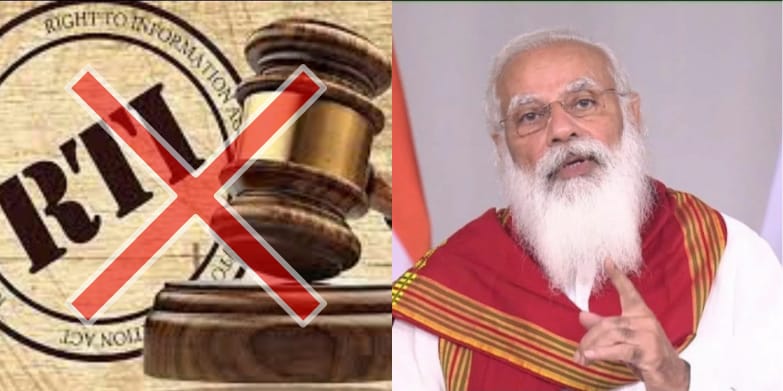On Thursday the Union government tabled a bill to protect digital personal data in Parliament known as 2023DPDP. The DPDP Bill is apparently intended to put personal data privacy rights into force because they are a crucial component of our fundamental right to life. The bill provides for a detailed compliance framework for entities handling such data, while recognising the right of individuals to know why and how their personal data are collected, processed and used, to rectify errors or to have their personal data erased forever. A Data Protection Authority that the Union government will establish would have the authority to impose penalties for violations of this law that may total up to Rs 250 crore. But it’s mostly applicable to private entities that we share data with. As regards personal data that we’ve shared with the government, it has exercised a high degree of discretion to exempt itself and its agencies from the provisions of this law.
The DPDP Bill also proposes to amend the Right to Information (RTI) Act to make all personal information about individuals – in this case, meaning government officials and ministers – exempt from disclosure in responses to RTI applications. There are many more criticisms of the bill, as many have noted, but let me concentrate on just one here. It turns out that, in the course of the public consultation period, strong legal and scientific arguments were deliberately ignored by the transparency community and accountability advocates who argued against this move.
A proposal to restrict access to file notings, those portions of a sarkari file that contain the advice and words of caution written by public officials participating in governmental decision-making, was drafted by the then-government in 2006, less than a year after the RTI Act was passed. Even the names of the bureaucrats who participated in the internal discussions at every level of government, from gram panchayats to Rashtrapati Bhavan, were sought to be kept secret from the public, who by this time had already started to creatively use the law to demand institutional and individual accountability for government decisions. As a result of the great opposition from civil society, mass media and policy parties including the Bharatiya Janata Party, such proposals were subsequently withdrawn by the government.
In 2023, the BJP government aims to replicate a strategy used in the past, seeking to dilute the effectiveness of transparency laws through an RTI amendment within the DPDP Bill.
However, upon closer inspection, the proposed RTI amendment appears incongruous within the broader context of the DPDP Bill. The government has already incorporated numerous provisions to exempt itself from significant data protection responsibilities, citing reasons such as safeguarding national security, diplomatic relations, public order, and crime prevention. This raises the question: What is the need for an RTI amendment as well?
In a perplexing move, the proposed RTI amendment within the DPDP Bill contradicts its own focus on digital data, extending its reach to paper-based personal information. Despite expert advice against such a step, the government seems determined to push this regressive amendment. Notably, previous committees recommended cautious amendments to the RTI Act only for preventing severe harm, while the 2019 data protection bill’s Joint Parliamentary Committee didn’t consider RTI Act changes. A recent report on citizens’ data security also stirred concerns as government transparency was questioned by Opposition members.
The proposed RTI amendment removes equal information access between citizens and elected representatives, lacking justification. The DPDP Bill’s changes remove the exclusion of century-old digital records from data protection and introduce fines up to Rs 10,000 for unintentional lapses by Data Principals, raising concerns about data privacy implications.
Isn’t it ironic that the government demands utmost transparency and honesty from citizens and their data, often in the name of safeguarding privacy rights, yet simultaneously carves out comprehensive exemptions for itself? This includes amendments to the RTI Act, effectively shielding the government from the obligation to be transparent to its own citizens. The contrasting standards raise a crucial question: Is it time for individuals to voice their stance on this matter?

